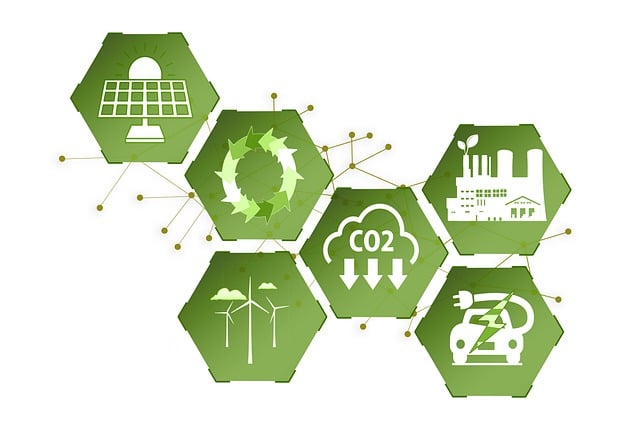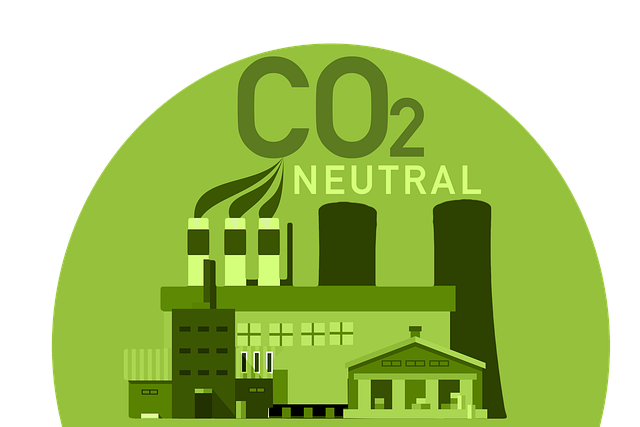
Technology and Solutions for Climate Change
We support the development of low-carbon technologies and fuels.
What is Climate Technology
Climate technology refers to any technology or innovation that aims to mitigate or adapt to the impacts of climate change. This can include renewable energy technologies such as solar and wind power, electric vehicles, smart grid systems, energy-efficient buildings, green power generation, carbon capture and storage, climate monitoring systems, carbon trading, and agricultural technologies that reduce emissions and improve food security.
Climate technology is essential for achieving global climate goals and ensuring a sustainable future for all.


What we Do
Helping to Create a better future for the Planet and our Society
Through its partners, GCE Global provides technology and solutions dedicated to tackling climate change.
Our mission is to help clients and collaborators develop, optimize, and implement sustainable solutions that reduce their carbon footprint and improve their environmental impact.
Our range of services including renewable energy, energy efficiency, sustainable transportation, carbon management, and sustainable supply chain, helps businesses across multiple sectors to transition and adapt to the new environmental reality.
At GCE, we believe that sustainability and technological innovations can work together to create a better future for the planet and our society. The vast expertise of our partners and collaborators will guide clients and businesses towards a more sustainable future.

Solutions and Services for the Climate

Here are some of the best available solutions regarding climate technology:
1. Renewable energy generation: We help companies to set up renewable energy projects or partner with renewable energy providers to help businesses to reduce their greenhouse gas emissions. This includes technologies like solar, wind, geothermal. This also includes helping companies with energy transition by sourcing and procuring cleaner fuels such as Bio-LNG, Biodiesel, Ammonia, Liquid Hydrogen, etc.
2. Energy efficiency: We offer services that improve energy efficiency through the installation of LED lighting, smart heating and cooling systems, building insulation improvements, and energy-efficient equipment is a key solution for environmentally conscious services. We believe that the Agricultural sector can benefit greatly from Climate technology. See more details on that below on this page.
3. Carbon offsetting: Companies can offset carbon emissions through investing in carbon reduction or removal initiatives. For example, a company can fund the planting of trees or invest in methane capture projects.
4. Sustainable supply chain (strategic sourcing): Helping customers implement sustainable procurement processes. This includes buying eco-friendly products, reducing packaging, reducing distances between the producing country and the final destination, and sourcing from responsible suppliers.
5. Sustainable transportation: Offering eco-friendly transportation solutions for reducing the carbon footprint of fleets and delivery networks. 6. Carbon management: Companies can help customers calculate their carbon footprint and advise on strategies for mitigating emissions generated through their activities.
7. Voluntary Carbon trading: Helping companies develop carbon trading systems to ensure carbon neutrality.
8. Blockchain Technology and solutions for the energy, real estate, finance and agricultural sectors. Click here to learn more.
Other Climate Solutions for Companies across the World
- Climate Audits: Assessments of customers’ existing energy consumption, carbon footprint and operational infrastructure to identify areas where efficiency and sustainability improvements can be made.
- Providing Energy Efficiency Solutions: We offer a range of energy-efficient solutions tailored to the customer’s needs, such as retrofitting existing equipment and switching to renewable energy sources.
- Carbon accounting: We can Develop and implement a carbon accounting plan for customers, which calculates the company’s carbon footprint and ensures compliance with regulations and environmental policies.
- Sustainability Management: Advising customers on sustainability policies and procedures, such as environmental management systems, sustainability reporting and developing sustainability strategies, to help them meet their sustainability goals and regulations.
By offering these climate technology solutions above, GCE and its partners can help businesses transition to a more sustainable future and reduce their carbon footprints, thus contributing to mitigating climate change and supporting environmental sustainability.
Climate Technology can Benefit the Agricultural Sector

Climate technology can offer numerous benefits to the agriculture sector, including:
1. Improved crop yields: Climate technology helps farmers to optimize irrigation, fertilization, and pest control, resulting in healthier crops and higher yields.
2. Water conservation: Technologies like sensors and smart irrigation systems can help farmers to save water by reducing water usage, increasing efficiency and preventing over-irrigation.
3. Reduced greenhouse gas emissions: Sustainable farming methods, such as zero-tillage and precision farming, help to reduce greenhouse gas emissions from farming and conserve soil carbon.
4. Improved soil health: Reduced pesticides usage and sustainable soil practices lead to decreased soil degradation, resulting in more fertile soil.
5. Climate resilience: By using climate technology, farmers can monitor and manage the effects of climate change, like water shortages and extreme weather events. With such a tool, impact can be mitigated in real-time, and farms can adapt to changes in the climate.
6. Reduced energy consumption: Technologies like solar power and efficient irrigation pumps reduce electricity bills and reliance on fossil fuels.
In summary, climate technology is a crucial tool for the agriculture sector to face the challenges of climate change and navigate the changing environmental demands by decreasing environmental impacts, increase productivity, preserve natural resources, and secure resilient food production.
Carbon Trading & Carbon Offsetting

What is Carbon Trading?
Carbon trading, also known as emissions trading, is a market-based system that is designed to reduce greenhouse gas emissions by setting a limit on the total amount of emissions a company can emit. The objective of carbon trading is to mitigate climate change by putting a price on carbon emissions, motivating industries or companies to reduce their emissions, and encourage investment in clean and renewable energy sources.
Click here to learn more about Carbon Trading & Carbon Credits
What is Voluntary Carbon Offsetting?
Voluntary carbon offsetting is a market-based approach that allows individuals and organizations to take responsibility for their carbon emissions by investing in efforts that reduce or avoid the emission of greenhouse gases (GHGs) elsewhere.
It enables carbon-emitting entities to make up for their carbon footprints and mitigates climate change impacts. In voluntary carbon offsetting, individuals, businesses, or organizations calculate their carbon footprint and then purchase carbon credits or offsets from projects that reduce or prevent GHG emissions.
Each offset represents one metric ton of GHG emissions that are avoided or removed from the atmosphere by the project activities.
Click here to learn more about Carbon Offsets.
